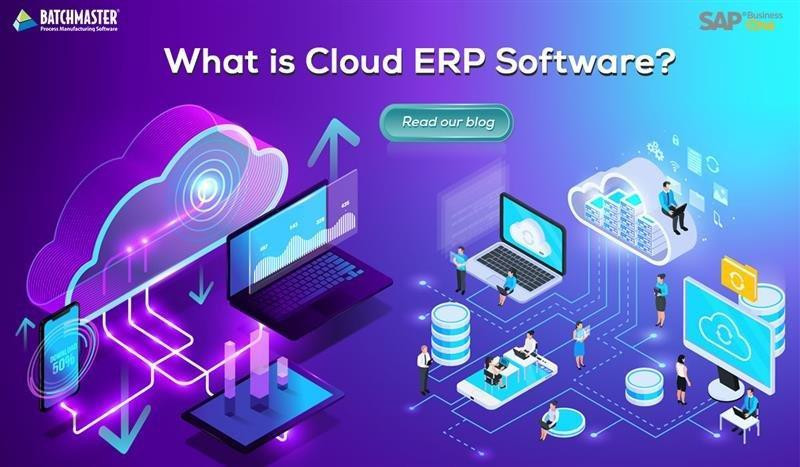Cloud ERP, or Enterprise Resource Planning, is a type of software that is used to manage and optimize business processes and resources. It is a comprehensive system that integrates various business functions such as finance, human resources, sales, and operations into a single platform.
Traditionally, ERP systems were installed and maintained on-premises, requiring significant upfront costs and ongoing maintenance. However, with the advancement of cloud computing, businesses now have the option to use cloud-based ERP solutions. These systems are hosted on remote servers and accessed via the internet, eliminating the need for expensive hardware and IT infrastructure.
One of the main benefits of cloud ERP system is the ability to access the system from anywhere with an internet connection. This means that employees can work remotely and still have access to all the necessary information and tools they need to do their job effectively. It also allows for greater collaboration and communication within the organization, as all employees have access to the same data in real-time.
Cloud ERP systems are also more cost-effective compared to on-premises solutions. There are no upfront costs for hardware or IT infrastructure, and businesses only pay for the services they use. This also means that there are no maintenance costs, as the provider takes care of all updates and backups.
Another advantage of cloud ERP is the ability to scale the system as the business grows. With on-premises systems, businesses have to invest in additional hardware and resources to accommodate growth, which can be expensive. With cloud ERP, businesses can easily add users or increase the number of transactions without having to worry about the infrastructure.
Cloud ERP systems are also more secure than on-premises solutions. Data is stored on remote servers that are managed by the provider, which means that it is not vulnerable to physical threats such as fires or natural disasters. Additionally, cloud ERP providers invest heavily in security measures to protect against cyber threats, which can be a significant concern for businesses that rely on sensitive data.
One of the challenges with cloud ERP is the potential for data breaches. While cloud providers have strong security measures in place, data breaches can still occur. It is essential for businesses to conduct thorough research and due diligence when choosing a cloud ERP provider to ensure that they have robust security measures in place.
Another challenge is the potential for vendor lock-in. Some cloud ERP providers may require businesses to sign long-term contracts, which can be challenging to terminate. It is essential for businesses to carefully review the terms of the contract before committing to a cloud ERP provider.
In conclusion
Cloud ERP is a cost-effective and efficient solution for businesses looking to manage and optimize their resources and processes. While there are challenges to consider, the benefits of cloud ERP far outweigh the risks for many businesses. With the ability to access the system from anywhere, scale as the business grows, and eliminate upfront and maintenance costs, it is no wonder that more and more businesses are turning to cloud ERP solutions.

